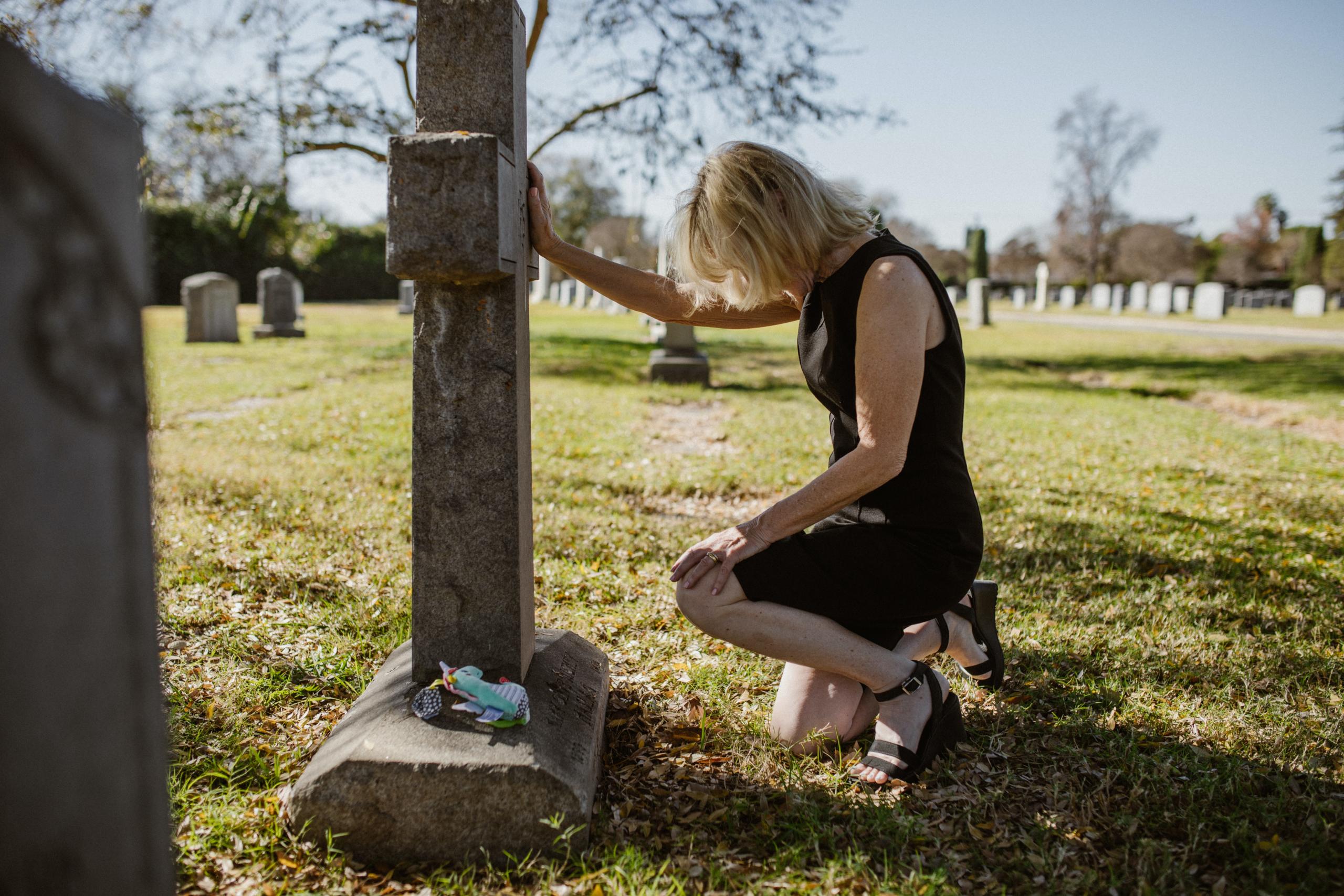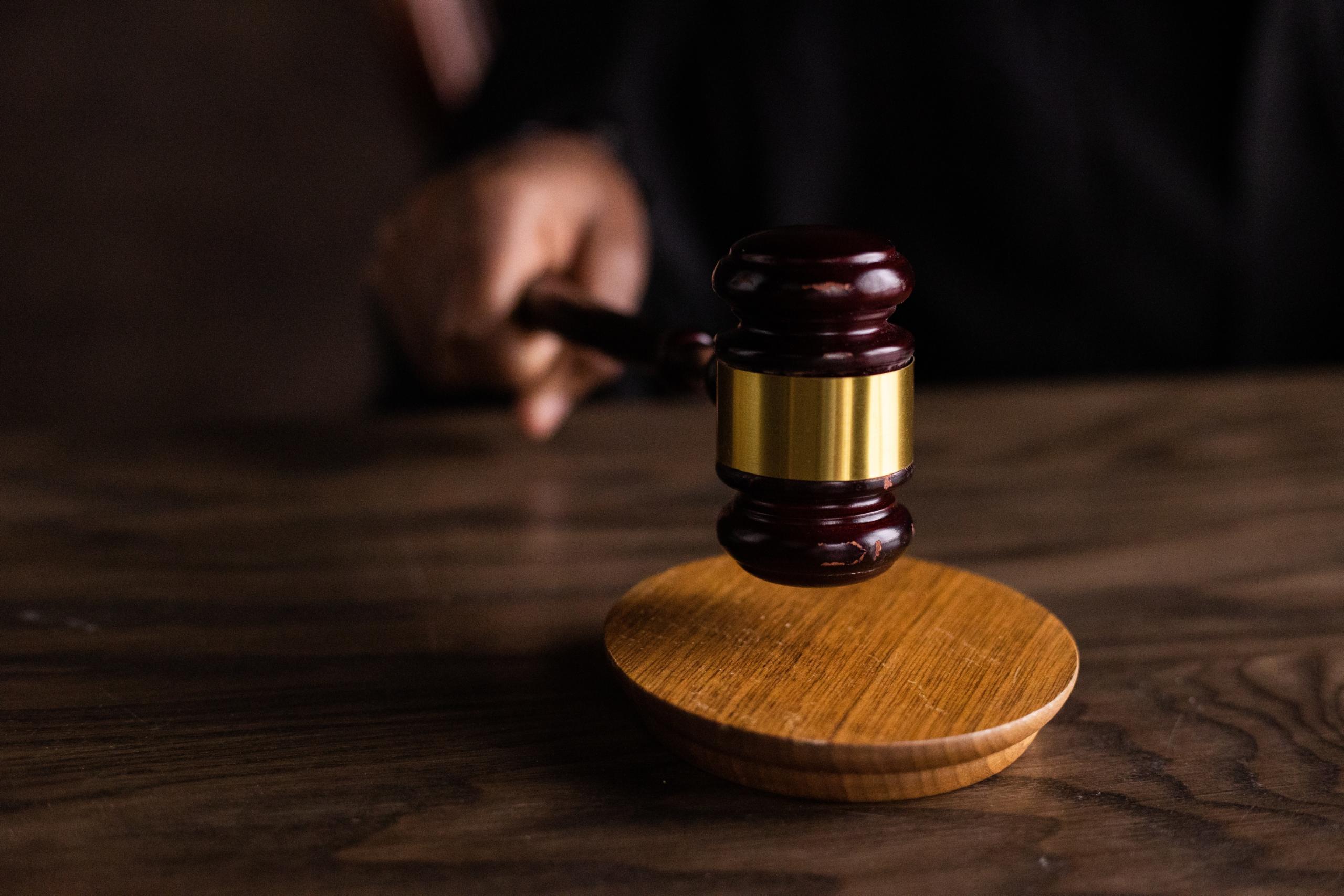
Losing a loved one is one of the most challenging experiences a family can go through. When that loss is due to someone else’s negligence or wrongdoing, it can be even more devastating. In such situations, families may have the right to file a wrongful death claim. This comprehensive guide aims to help families understand wrongful death claims, the process involved, and what they can expect.
What is a Wrongful Death Claim?
A wrongful death claim is a legal action taken by the survivors of an individual who has died due to the negligence or intentional actions of another person or entity. The primary purpose of these claims is to seek compensation for the losses suffered by the survivors.
Common Causes of Wrongful Death
Wrongful death can occur in various scenarios, including:
- Car accidents
- Medical malpractice
- Workplace accidents
- Defective products
- Criminal actions
Each of these causes can lead to a wrongful death claim if it can be proven that negligence or intentional harm was involved.
Who Can File a Wrongful Death Claim?
In most states, the following individuals are typically allowed to file a wrongful death claim:
- Spouses
- Children
- Parents
- Siblings
In some cases, other relatives or dependents who were financially reliant on the deceased may also be eligible to file a claim. The specific eligibility criteria can vary by state, so it’s essential to consult with a wrongful death attorney to understand your rights.
The Role of a Wrongful Death Attorney
A wrongful death attorney specializes in representing the families of individuals who have died due to negligence or intentional harm. They play a crucial role in helping families navigate the complex legal process involved in wrongful death claims. Here are some of the key responsibilities of a wrongful death attorney:
Case Evaluation
The attorney will assess the circumstances surrounding the death to determine if there is a valid wrongful death claim. They will gather evidence, interview witnesses, and consult with experts to build a strong case.
Legal Representation
The attorney will represent the family in court and during settlement negotiations. They will advocate for the family’s best interests and work to secure the maximum compensation possible.
Guidance and Support
Navigating a wrongful death claim can be emotionally and mentally taxing. A wrongful death attorney provides guidance and support throughout the process, helping families make informed decisions.
Components of a Wrongful Death Settlement
A wrongful death settlement aims to compensate the survivors for the losses they have suffered. The settlement can cover various types of damages, including:
Economic Damages
These are quantifiable financial losses, such as:
- Medical expenses incurred before death
- Funeral and burial costs
- Loss of income and future earnings
- Loss of benefits, such as health insurance or retirement benefits
Non-Economic Damages
These are more subjective losses that can be harder to quantify, including:
- Pain and suffering
- Loss of companionship
- Emotional distress
- Loss of consortium (spousal relationship)
Punitive Damages
In cases where the defendant’s actions were particularly egregious, punitive damages may be awarded to punish the wrongdoer and deter similar conduct in the future.
The Process of Filing a Wrongful Death Claim
Filing a wrongful death claim involves several steps. Understanding this process can help families prepare for what lies ahead.
Step 1: Consult with a Wrongful Death Attorney
The first step is to consult with a wrongful death attorney who can evaluate your case and advise you on the best course of action.
Step 2: Investigation
The attorney will conduct a thorough investigation to gather evidence supporting the wrongful death claim. This may involve reviewing medical records, accident reports, and other relevant documents.
Step 3: Filing the Claim
Once the investigation is complete, the attorney will file the wrongful death claim on behalf of the family. This involves drafting a complaint that outlines the facts of the case and the damages being sought.
Step 4: Discovery
During the discovery phase, both parties will exchange information and evidence. This may include depositions, interrogatories, and requests for documents.
Step 5: Negotiation and Settlement
Many wrongful death claims are resolved through settlement negotiations. The attorney will work to negotiate a fair settlement that adequately compensates the family for their losses.
Step 6: Trial (if necessary)
If a settlement cannot be reached, the case may proceed to trial. The attorney will present the case in court, and a judge or jury will determine the outcome.
Factors Affecting Wrongful Death Settlements
Several factors can influence the amount of a wrongful death settlement, including:
- The age and health of the deceased
- The deceased’s income and earning potential
- The relationship between the deceased and the survivors
- The circumstances surrounding the death
- The evidence available to support the claim
Conclusion
Navigating a wrongful death claim can be a complex and emotional process. However, understanding your rights and the steps involved can help you make informed decisions and seek the justice your loved one deserves. If you believe you have a wrongful death claim, consult with a wrongful death attorney to explore your options and begin the journey toward healing and resolution.
By taking the right steps and seeking professional guidance, families can secure the compensation they need to move forward after such a tragic loss.
Contact 612-Injured, Minnesota’s Top Wrongful Death Attorneys
If you have lost a loved one due to negligence or intentional harm, you don’t have to navigate this difficult time alone. The experienced wrongful death attorneys at 612-Injured are here to help you through every step of the process. As Minnesota’s top wrongful death attorneys, we are dedicated to securing the justice and compensation your family deserves. Contact us today at 612-Injured for a free consultation, and let us support you in your journey toward healing and resolution.


